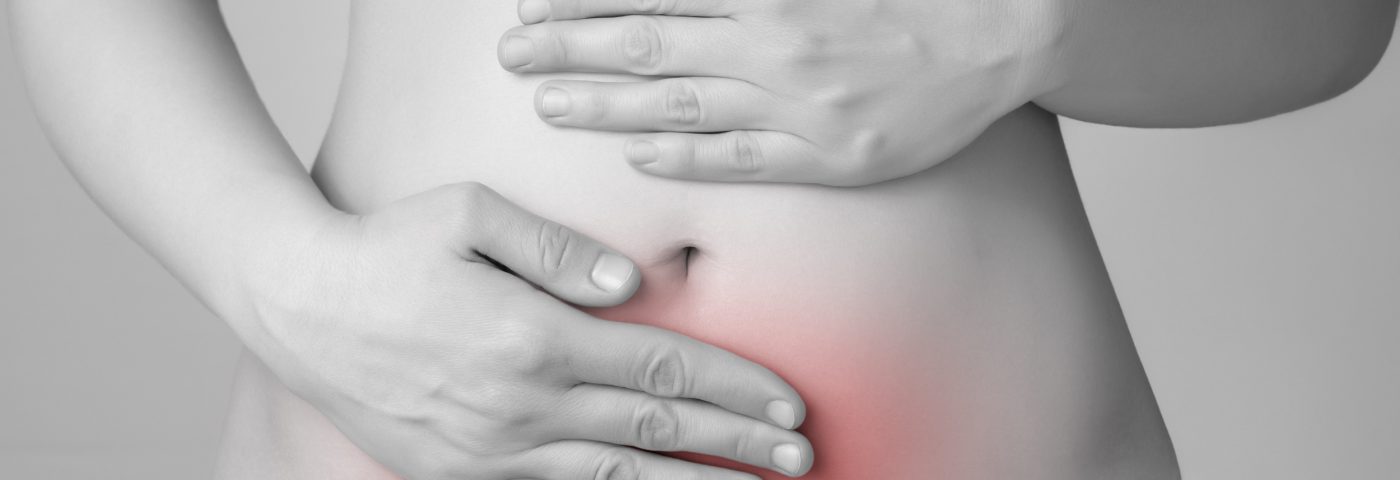A PhD researcher at Birmingham City University (BCU) plans to study teenage girls with endometriosis, looking at how the disease affects their daily lives.
Amie Randhawa will explore the day-to-day social and psychological impact of the condition, as well as resources available to support these teens.
“Endometriosis is thought to affect approximately 10 per cent of women of reproductive age, the majority of whom begin to experience the symptoms of the condition during adolescence. However, very little research to date has focused specifically on the lived experience of endometriosis in teenage girls,” Randhawa said in a news release.
“Previous research studies indicate that adolescents often wait longer than adults to seek help for their symptoms, believing that what they are experiencing is ‘normal menstruation,'” she said, adding that this signifies “a lack of awareness about endometriosis in this age group.”
A research goal is come up with “recommendations for improving education for adolescents on the condition,” Randhawa said.
In related news, Elaine Denny, a professor of Health Sociology at Birmingham City University, and her colleagues are currently leading a multi-center, randomized and controlled clinical trial, called PRE-EMPT (Preventing Recurrence of Endometriosis by Means of long acting Protestogen Therapy). The trial aims to evaluate the clinical and cost effectiveness of the long-acting progestogens DMPA (depot medroxyprogesterone acetate), and LNG IUS (levonorgestrel Intrauterine system) in preventing endometriosis recurrence.
The trial will be run in three parts. The first, a piloting stage, will look at factors that motivate women to consent or refuse randomization in clinical trials. The second and third parts will examine participants subjective experience of the treatment they are given. In total, four treatment options will be used: LNG IUS, DMPA, COCP (combined oral contraceptive pills) and no treatment.
Participants will be interviewed to determine their motivations (pilot stage) and their “subjective” treatment experiences in later stages. Interviews for the first part will take place in group or individual settings; later, 10 women from each treatment arm will be selected to discuss their particular therapy.
The team will also work closely with staff members of Endometriosis UK to develop study summaries that might be of use to other endometriosis patients.

